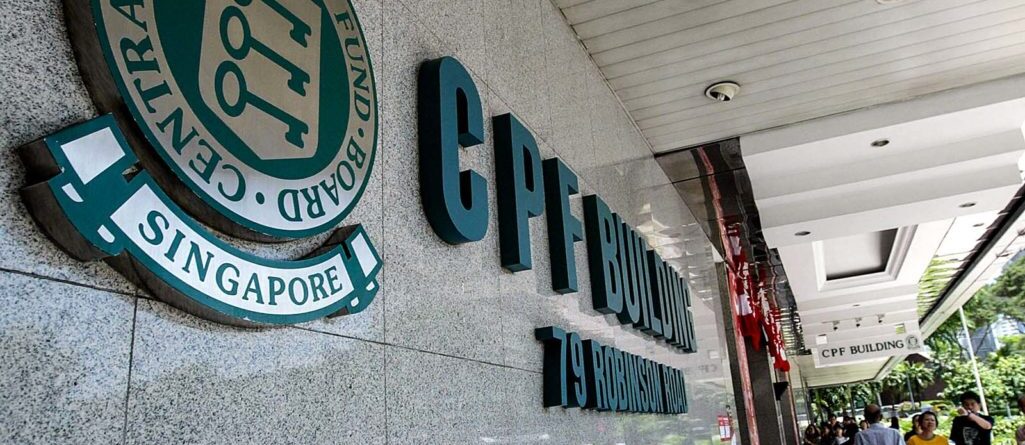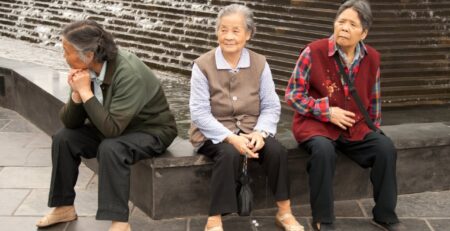Global pension systems, including Singapore’s CPF, face issue of getting platform workers on board
While Singapore’s Central Provident Fund (CPF) is among the top-ranked retirement income systems in the world, there is room to nudge the informal workforce, such as platform workers, into contributing more to the national savings scheme.
This issue was raised by panellists during a webinar on Tuesday to discuss the findings of the Mercer CFA Institute Global Pension Index, which ranked the Republic ninth out of 44 retirement systems reviewed.
Into its 14th year, the index placed Singapore’s retirement system as top in Asia for 2022, followed by Hong Kong and Malaysia. The 44 global pension systems reviewed for the index accounted for 65 per cent of the world’s population.
Singapore’s national savings scheme, the CPF, takes care of three main needs of Singaporeans and permanent residents – retirement, housing and medical.
Employees contribute 20 per cent of their wages to their CPF while their employers contribute 17 per cent.
But, for self-employed people, including platform workers, they need to contribute only about 8 to 10.5 per cent of their income to their MediSave accounts for their healthcare needs.
Ms Joelle Fong, assistant professor at the Lee Kuan Yew School of Public Policy, said pension systems around the world have been facing this issue of how to bring the informal workforce into the formal pension systems.
Speaking at the webinar by Mercer and the CFA Institute on Tuesday, she said that self-employed workers can make voluntary contributions to their CPF but questioned “how can we nudge them to contribute a more substantial percentage of their monthly wages into the system and trust the system”.
To this end, Singapore is currently looking into ways to improve retirement and housing adequacy of platform workers like cabbies, delivery riders and private-hire car drivers who provide paid labour services on online platforms such as ride-hailing and food delivery apps.
A committee was formed last September to look into ways to enhance the welfare and protection for this group of self-employed workers. It is set to come up with its recommendations before the end of 2022.
One of the issues under consideration is whether platform companies should contribute to the CPF accounts of their workers.
Mr Christopher Tan, chief executive of wealth management and advisory firm Providend, said some platform workers already find it difficult to make the compulsory contribution to their MediSave accounts.
He said that if they have to contribute more to their CPF, they may not have enough cash to take home for their daily needs.
Ms Fong suggested looking at developing corporate sponsored pension plans to supplement the CPF for these workers.
She cited Uber in Britain which launched its own pension scheme for platform workers, adding that Grab can look at doing the same in Singapore.
Read More @Straitstimes
203 views










